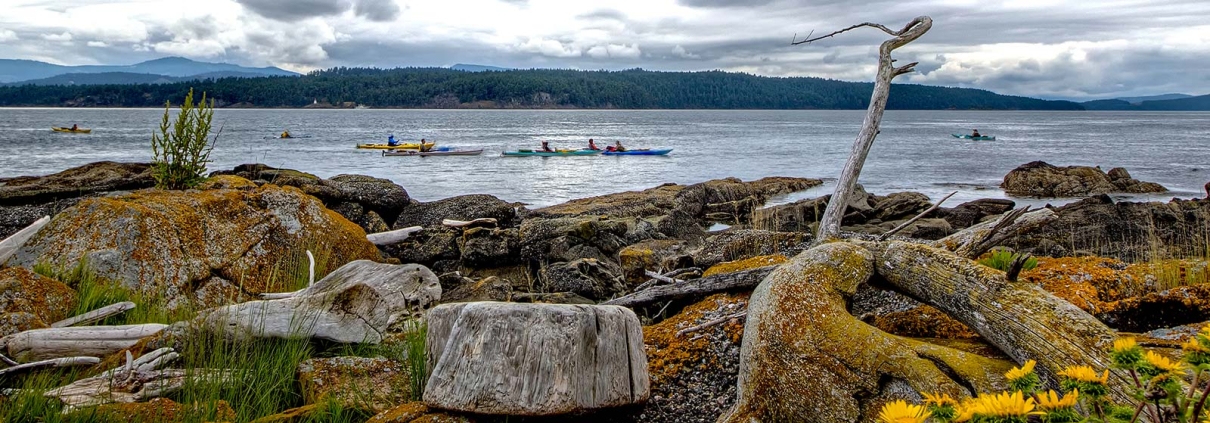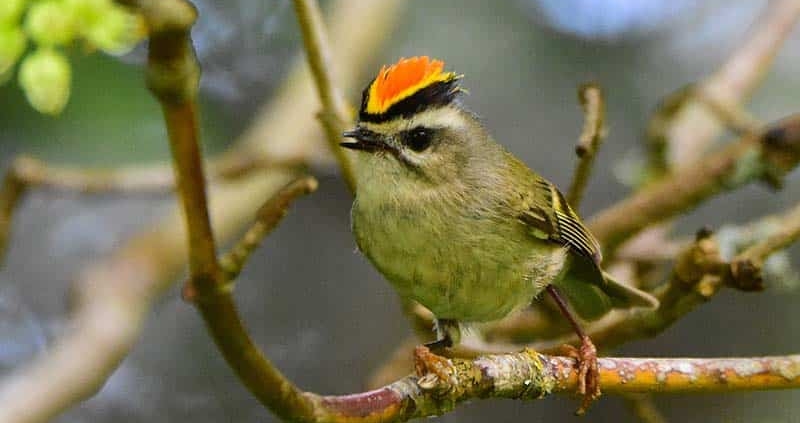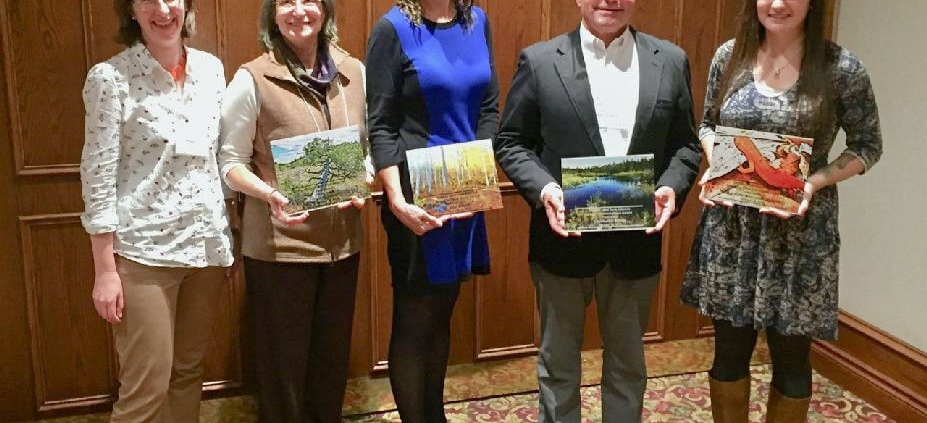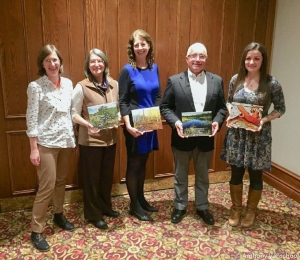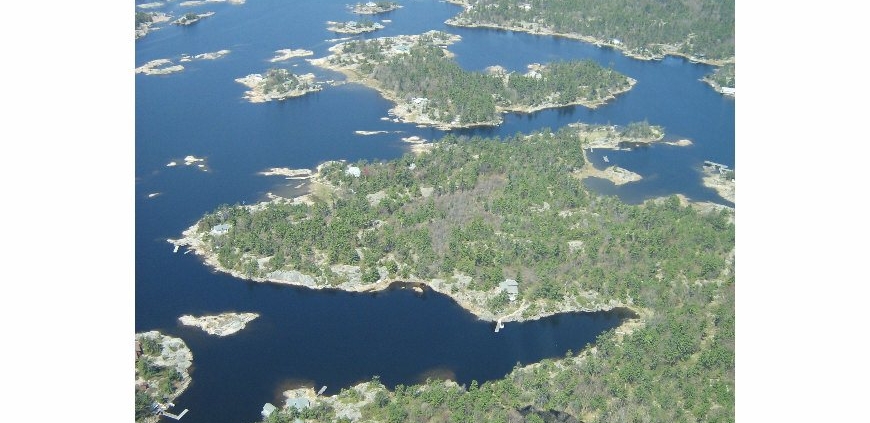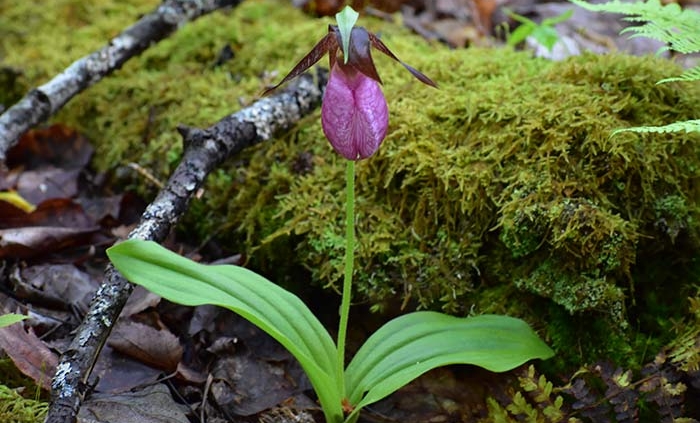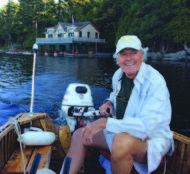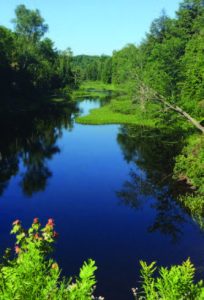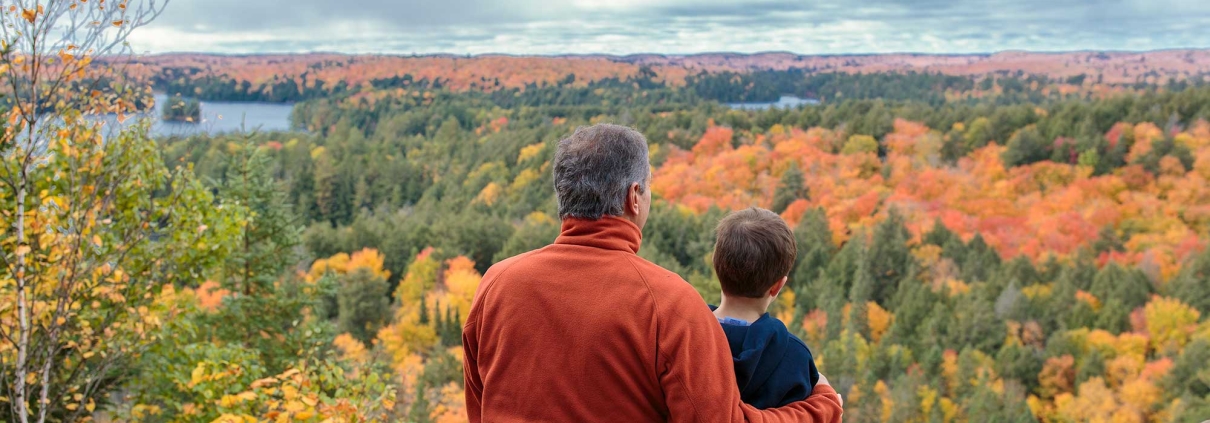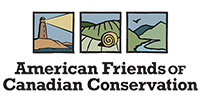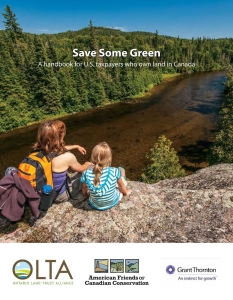This summer, with the Canada/USA border closed and travel within Canada restricted, many of us were missing people and places that we love. So American Friends of Canadian Conservation invited you to share your favorite Canadian locations in the Oh, Canada Photo Contest.
We received over 500 photographs from Canadian and American entrants. Well-known professional photographer and teacher John D’Onofrio selected the Grand Prize Winner and four Runners Up. John is the owner/editor/publisher of Adventures NW Magazine and his work has been featured in many publications and exhibits.
“There were lots of good compositions” said John. His technical criteria for selecting the winners were “…good capture, sharp focus, unflawed images.” If a photograph was digitally modified, John evaluated whether it had been “…manipulated well.” John praised Grand Prize Winner Denise Burn’s photo for its technical and artistic caliber. In keeping with the theme of the contest, John was also seeking “..uniquely Canadian images that conveyed ambiance of place.”
The winners in each of the contest categories were determined by the number of online votes received. American Friends encouraged its Canadian conservation partners to recruit contest entries and promote voting for those images.
Visit the photo contest winners page of American Friends’ website to see all of John D’Onofrio’s selections and the most popular images in each category.
Help American Friends and it partner organizations to protect the Canadian places you love with a contribution to support our work.
Contact Sandra Tassel, Program Coordinator, for information on how to conserve your Canadian property.
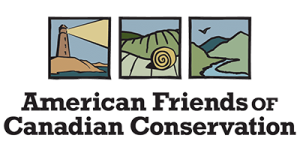
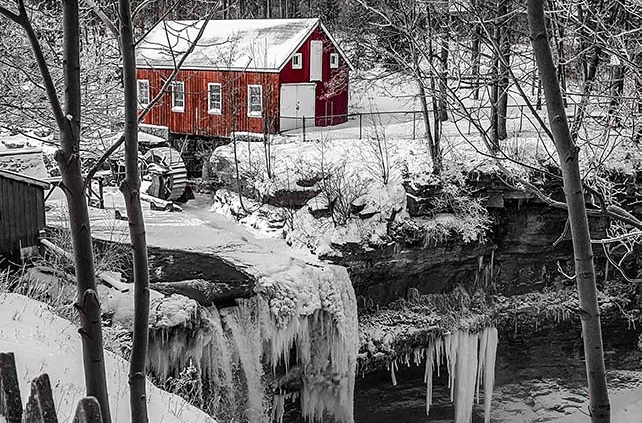
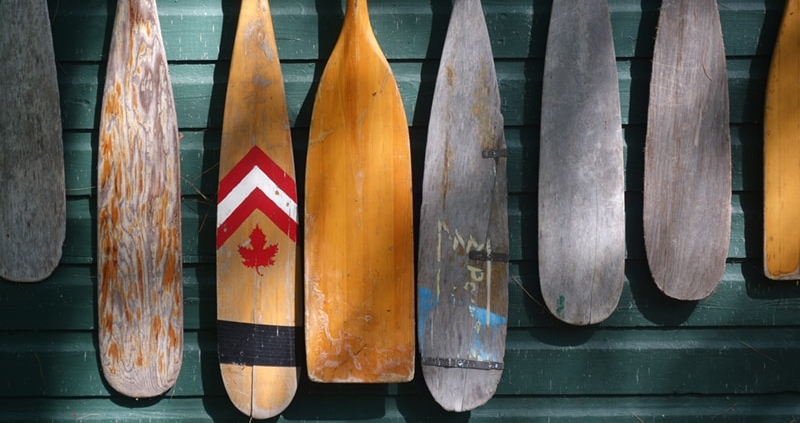 Sandra Tassel
Sandra Tassel